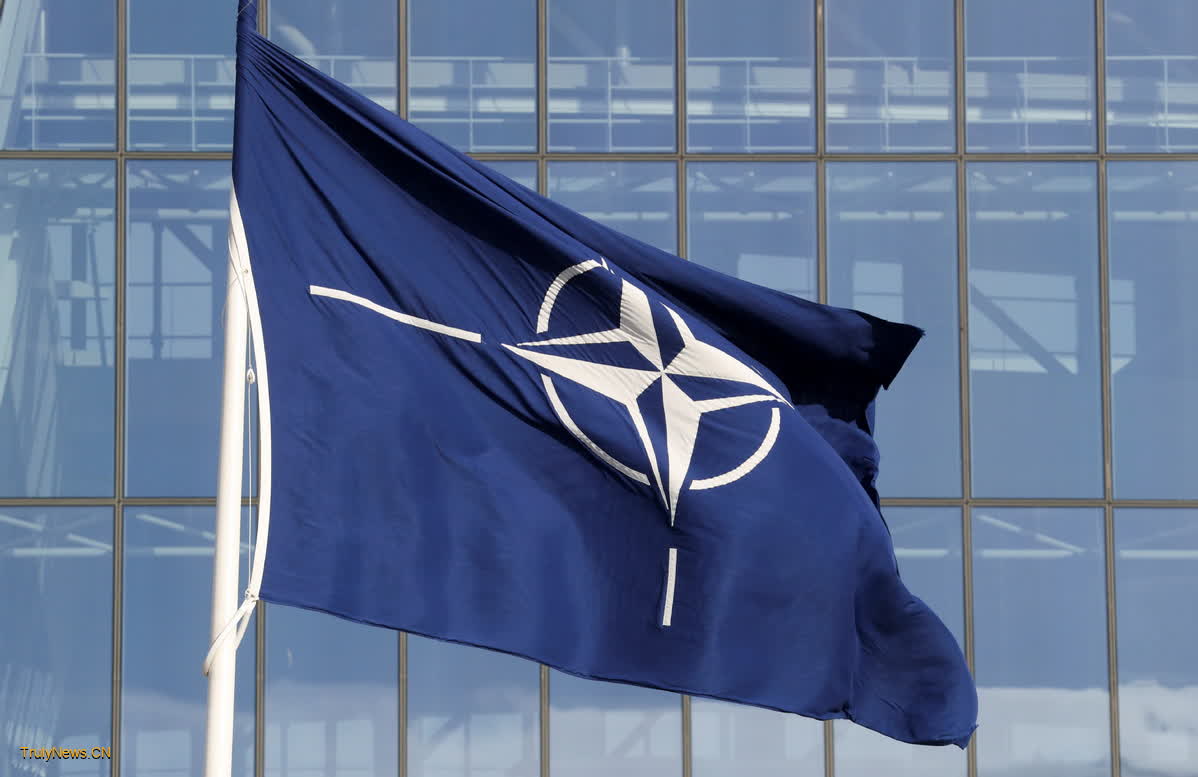
Outgoing Dutch Prime Minister Mark Rutte is expected to replace Jens Stoltenberg as secretary-general of the North Atlantic Treaty Organization in October. Last November, after Rutte announced his intention to run in the NATO chief election, he quickly received the support of the United States.
The appointment of the NATO secretary-general must be unanimously agreed by all 32 member states. Some Eastern and Central European countries, which are dissatisfied with the long-term monopoly of Western Europeans in the post, were interested in Estonian Prime Minister Kaja Kallas being appointed. But as Kallas seems more interested in competing to be the next European Union foreign policy chief, these countries are now supporting Rutte.
Most observers believe that the US has cleared the way for Rutte to be successfully elected in advance. It was the pressure from Washington that caused the Central and Eastern European and Baltic countries to change their positions. It is precisely because Washington recently expressed its hope to reach an agreement on the new NATO chief before the Washington Summit in July that prompted all parties to speed up their bargaining on the issue.
Rutte has been reelected prime minister of the Netherlands several times since 2010, and each time he has been leader of a coalition government. He is good at working with politicians of different styles and positions. Because of this, he has been able to stand firm in the Dutch political arena, which has been full of contradictions in recent years, and has become the longest-serving prime minister in Dutch history.
Rutte is also one of the most active politicians in Western Europe who supports aid for Ukraine. Some analysts believe that in the context of Donald Trump’s possible reelection as US president and the general concern that he will weaken the US’ support for Ukraine, it is more conducive to the running-in between all parties to let Rutte, who has a good relationship with Trump, serve as the next NATO chief.
If Trump is reelected, Rutte will inevitably be busy mediating between the positions of most NATO members and the US.
Ukraine will inevitably continue to ask NATO for more air defense systems and fighter jets that can be used to combat Russia’s winter offensive. But there remains disagreement within NATO on the issue, which will be a huge test for the new secretary-general.
Furthermore, Trump has always complained that NATO’s European members are unwilling to protect themselves and have long failed to meet the goal of “defense spending accounting for 2 percent of GDP” stipulated in the NATO Charter. The Netherlands, where Rutte has long served as prime minister, barely met the target until 2024. So far, nine countries have failed to meet the requirement. If Rutte cannot solve this thorny problem, it will be more difficult for him to coordinate the positions of relevant parties if Trump is reelected.
Central and Eastern European countries are increasingly dissatisfied with their status as “second-class citizens” in NATO. Although these countries supported Rutte, under the pressure of the US, they will inevitably demand more positions such as deputy secretary-general and assistant secretary-general of NATO to counterbalance Rutte’s influence, affecting the organization’s internal cohesion.
The rise of the far-right politicians in the European Parliament and some European countries will make NATO’s European member states’ aid and support for Ukraine more difficult, as many far-right parties oppose it.
Thus observers believe that Rutte’s honeymoon period as the new NATO head is destined to be short. For Rutte himself, the only thing he doesn’t have to worry about is that he will have nothing to do on that post.
-BEIJING NEWS